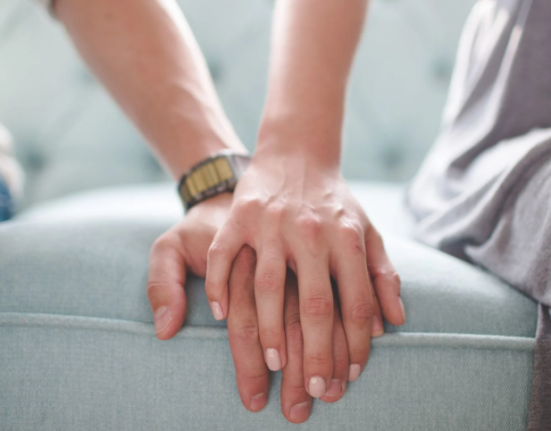Last Updated on June 24, 2022 by Rachel Hall
Rape is horrifying. I’m not here to deny that, and if you are, then you need to seriously reevaluate your life. What makes things, somehow, even worse, is when the rapist is supposed to be a trustworthy person; someone you can turn to or rely upon, especially in a professional circumstance. Whilst the UK still reels from the Sarah Everard case, where a woman was raped and murdered by a police officer, a new rape case is being tried in Winchester, Hampshire.
Police officer David Longden-Thurgood met a young woman on Bumble, came to her house at her invitation, on the understanding that they would not have sex but would just spend time together, and instead had non-consexual sex and refused to stop when she asked him to. Allegedly.
How Responsible Is The Police Force as an Entity for the Behaviour of Individual Officers?
The rape case is currently in court, and the testimony from the woman (who has remained anonymous) is horrifying. She met Longden-Thurgood on Bumble and apparently believed she would be safe interacting with him specifically because of his job. When people with authoritative jobs like police officers abuse the trust granted to them, everyone suffers.
Other survivors of forced sex will, presumably, be less likely to report abuse because of cronyism within the police force; investigations will be suspected of corruption and the entire reputation of the police force will be damaged. Even if there are a few ‘good’ officers, determined to help and support survivors of sexual violence, or just be decent people, it’s impossible to tell who they are.
What is Being Done, Politically, to Help Enable Rapists?
The fact that the Longden-Thurgood case has even gone to court is somewhat surprising. According to statistics from September 2021, only 1.3% of rape cases result in the accused rapist receiving a court summons. There has been a huge drop in the number of prosecutions pursued by the CPS, possibly due to a 28% cut in CPS funding between 2008/2009 to 2018/2019.
It is entirely indicative of a politicised and institutionalised apathy towards sex crimes: if the government cared about survivors, they’d make sure they got justice. Perhaps, too, this is what made Longden-Thurgood feel that he could rape his accuser. With so many rapes and sex crimes ignored or unpunished, why not take a chance?
What Is The Probable Outcome Of This Case?
Whilst the case is in court, there’s no guarantee that justice will be served. Personally, I think it’s unlikely. There are no witnesses, so it’s ‘he said, she said’, and factors like the fact that Longden-Thurgood and the accuser had agreed to meet up and, possibly, his position as a ‘respectable’ police officer may work against the accuser.
She invited him to her house. She didn’t invite him to have sex with her – but will that be enough for a jury? False accusations are extremely uncommon – experts estimate that around 2% of accusations are made up – but that doesn’t mean that 98% of rapists are jailed. All I can hope for is justice.
Conclusion
All of this might well make people delete their dating apps. Dating should be enjoyable and often lead to all sorts of fun, consensual sexual activity, but cases like Longden-Thurgood’s will probably put people off spending time with anyone they don’t know and trust. Although, as I said before, sometimes people you should trust end up raping you anyway.
But as the Bumble app quivers, ready to be uninstalled, and you add a vibrator to your LoveHoney order instead, a thought might occur to you. Why the fuck should I change my behaviour? I’ve not raped anyone. I should be able to live my life, enjoy my time safely and overall flourish because I’ve not done anything wrong. So here’s the alternative: don’t rape people. If everyone stuck by that (very simple) rule, we wouldn’t end up with awful situations like the Longden-Thurgood case.

Rachel Hall, M.A., completed her education in English at the University of Pennsylvania and received her master’s degree in family therapy from Northern Washington University. She has been actively involved in the treatment of anxiety disorders, depression, OCD, and coping with life changes and traumatic events for both families and individual clients for over a decade. Her areas of expertise include narrative therapy, cognitive behavioral therapy, and therapy for traumatic cases. In addition, Rachel conducts workshops focusing on the psychology of positive thinking and coping skills for both parents and teens. She has also authored numerous articles on the topics of mental health, stress, family dynamics and parenting.








Leave feedback about this